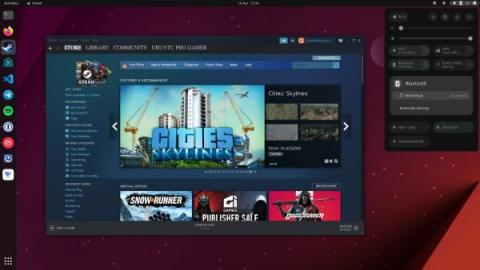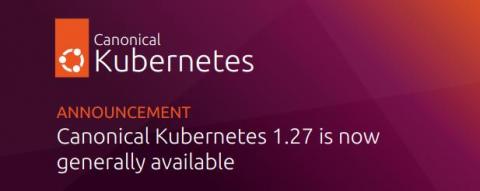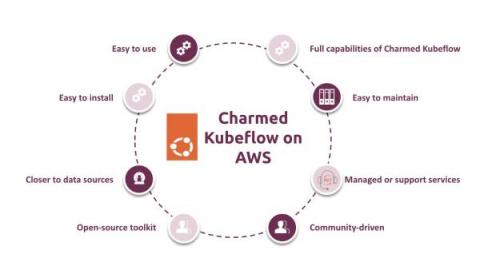Operations | Monitoring | ITSM | DevOps | Cloud
Canonical
Azure AD authentication comes to Ubuntu Desktop 23.04
Ubuntu Desktop 23.04 is the first and only Linux distribution to enable native user authentication with Azure Active Directory (Azure AD). The adoption of cloud-based identity providers in the enterprise is skyrocketing and this has been one of the most requested features. With Ubuntu Desktop 23.04 we decided to act on the feedback and offer a way to natively let enterprise users authenticate Ubuntu Desktops with the same credentials they use for Microsoft 365 or their Windows clients.
Ubuntu Desktop 23.04 release roundup
Every new release of Ubuntu Desktop comes packed with new features and functionality to enable developers, gamers, creators and tinkerers. Ubuntu 23.04 is no exception. Our focus, as always, has been improving quality, performance and enjoyment for all our users, whether that’s more elegant update handling for snaps, improved UI for installation and quick settings or a more accessible gaming experience.
Canonical releases Ubuntu 23.04 Lunar Lobster
Today Canonical announces the release of Ubuntu 23.04, codenamed “Lunar Lobster”. Available to download and install from https://ubuntu.com/download.
PostgreSQL high availability made charmingly easy
In a previous blog, we talked about patterns to run a database in a highly available manner. In this blog, we present our open source recipe for PostgreSQL high availability.
Cloud storage at the edge with MicroCeph
Over the years, our enterprise data centre users have told us how much they love the end to end experience of an application-centric solution like Juju to manage their entire infrastructure. Juju is a software operator framework that abstracts the specifics of operating complex software and makes it simple and straightforward to deploy, operate and relate complimentary pieces of software, reducing cost and providing flexibility.
Canonical Kubernetes 1.27 announcement
Following the release of upstream Kubernetes on 11th of April, Canonical Kubernetes 1.27 is generally available in the form of MicroK8s, with Charmed Kubernetes expected to follow shortly. We consistently follow the upstream release cadence to provide our users and customers with the latest improvements and fixes, together with security maintenance and enterprise support for Kubernetes on Ubuntu.
Charmed Kubeflow is now available on AWS Marketplace
Canonical is proud to announce that Charmed Kubeflow is now available as a software appliance on the Amazon Web Services (AWS) marketplace. With the appliance, users can now launch and manage their machine learning workloads hassle-free using Charmed Kubeflow on AWS. This reduces deployment time and eases operations, providing an easy-to-install MLOps toolkit on the public cloud.
Four Challenges for ML data pipeline
Data pipelines are the backbone of Machine Learning projects. They are responsible for collecting, storing, and processing the data that is used to train and deploy machine learning models. Without a data pipeline, it would be very difficult to manage the large amounts of data that are required for machine learning projects.
Build the foundation for your zero trust strategy with Ubuntu confidential computing
Why do we want to eliminate trust? Isn’t trust a good thing that we should foster and grow? And shouldn’t computing platforms trust their end-users, and vice versa? The short answer is no. And I would argue that the very goal of system security has always been to reduce trust.











